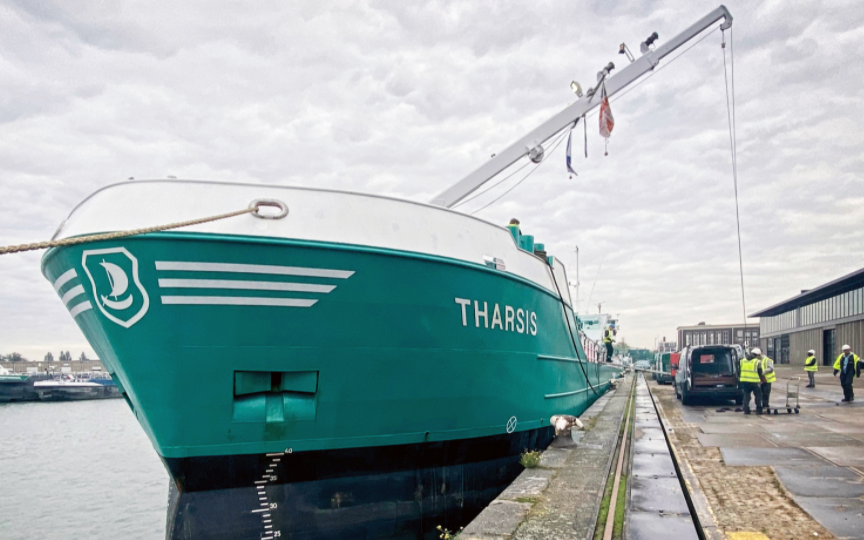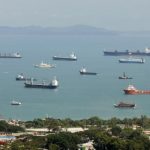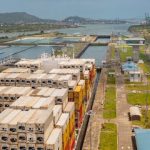Sweden-based Alfa Laval has acquired a minority stake in the Netherlands-based technology company Marine Performance Systems, a developer of air lubrication technology for ships.
The air lubrication technology generates microbubbles under the ship’s hull, reducing friction between the ship and the water by 50-70 percent enabling net fuel savings of 8-12 percent, during normal service speed.
The technology was first tested on a sea-going vessel in 2020 and the results have been confirmed by the shipowner during several months of operation. The pilot installation was made on the general cargo vessel M/V Tharsis.
“With our FluidicAL solution in place, M/V Tharsis made 25 controlled runs in loaded and ballast conditions,” says Frode Lundsteen Hansen, who founded Marine Performance Systems in 2018 with innovators Pieter Kapteijn and Fulko Roos.
“As expected, there was a 60% reduction in specific drag over hull’s flat area, which meant considerably less fuel was consumed. Not only was there no impact on stability or manoeuvrability, the sailing was also noticeably smoother.”
The FluidicAL technology requires no structural modifications or vessel recertification, therefore it can be installed on vessels of any size or fuel type and is also suitable for retrofits. It comprises evenly spaced bands of oscillators under the vessel’s hull. Using high-efficiency fluidics, each oscillator produces tens of thousands of microbubbles per second, creating a stable, uniform layer of air that cuts friction between the hull and the water beneath.
“This innovative friction reduction technology further expands our toolbox for sustainable shipping, and with investments like this we continue to support our marine customers in their transition to more efficient and sustainable operations,” says Sameer Kalra, President of the Marine Division.
“Our FluidicAL technology enables truly effective air lubrication, with immediate environmental benefits and substantial savings for shipowners,” says Lundsteen Hansen.
“In a low-margin industry where fuel represents up to 60% of a shipowner’s costs, the premium price of those fuels is a heavy burden. With very small means, air lubrication can provide significant relief.”
A ship’s friction when sailing is the most significant driver of its fuel consumption and the cost of fuel represents up to 60 percent of a vessel’s operating expenditures.
Fuel consumption has also a direct impact on greenhouse gas emissions, as reducing 1 ton of fossil fuel consumption equals the reduction of appr. 3 tonnes of CO2 emissions.
“Fleets cannot be replaced overnight, so existing vessels will need to rely on clean-burning fuels to lower their emissions,” Lundsteen Hansen explains.
Source: Offshore Energy






